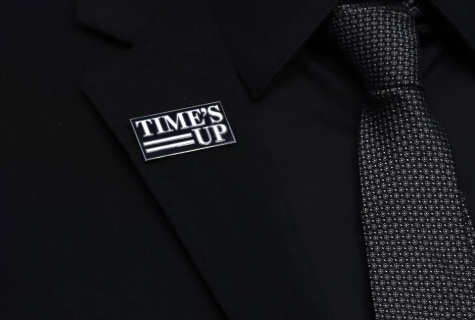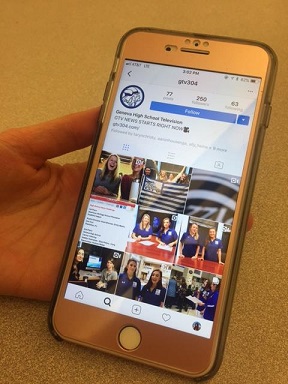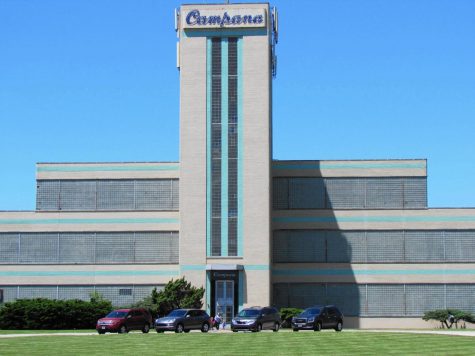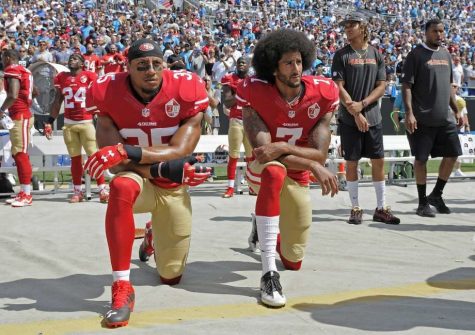When tragedy strikes
On Friday, November 13th, an organized group of terrorists planned and executed attacks on various locations within Paris, France. At the time of this article’s writing, 128 people are dead, along with five of the attackers. There are also 180 injured with approximately 90 people in critical condition. ISIS has officially taken responsibility for the attack.
These violent acts sent the entire world into a tailspin. Twitter popped up with dozens of new hashtags; “Prayers4Paris”, “PrayersforHumanity”, et cetera. Everyone knows what has happened, and everyone is affected. The 11/13 attacks are, of course, reminiscent of another large-scale terrorist movement—9/11. Following the attacks on the World Trade Center, France stepped forward as one of the strongest supporters of America. The famous picture of an American flag with the Eiffel tower in the background was one of the most vivid images of that time. Had Twitter been around in those days, the internet surely would have been flooded with promises of prayers and innumerable hashtags.
It seems that when a country is faced with unimaginable horror and fear, all else is forgotten. As a planet we manage to put aside our pettiness, our anger, our cruelty. We pull ourselves together enough to help our neighbors and friends; some of us even help those we might normally consider our enemies. Because in those moments; in the long hours of panic and fear, in the months of rebuilding and attempting to return to normal; we are no longer separated by politics, race, religion, or whatever may normally divide us. In those hours, months, days, we are more than a bunch of countries fighting over a limited amount of resources and space. We are neighbors. And we have been threatened. Not individually, but as a whole.
It’s as if people come to their senses and realize that something is wrong. The danger is no longer contained within a grainy picture from some far off desert in a country no one has ever heard of. It is in every neighborhood, lurking and waiting for a chance to strike out. When we are finally faced with the consequences of having assumed the danger could never reach us—the death, the carnage, the loss—we try desperately to fix it. It is then, when we are unified and strong, that the word “terrorism” is as insignificant as a fruit fly. What can a group like ISIS do against the unified strength of the entire world? When we stand together, we are invincible. The tragedy is that we are unable to stand together until we are sucker punched with an event like 9/11, or Charlie Hebdo, or the 11/13 attacks.
Through the unspeakable horrors of Friday, the world has been given an opportunity. We can choose to do what has always been done; be shocked and horrified and attempt to help for a period of about six months before forgetting about the events; or we can fix not only what is wrong with the world, but what is wrong with our own countries. We can reach out to our allies, even our enemies. We can put aside the conflicts for a time. We can combat the poison infiltrating the planet. We can stop the madness. But here’s the thing. Only we can do it. Not you, not me, not France alone or the United States alone. We cannot change terrorist groups. They will always plot, always kill, always—well—terrorize. But we can change ourselves, our relationships, our foreign policies. And maybe, just maybe, we can make the world a better, safer place for our kids. Now isn’t that a lovely thought?
Nous sommes tous franҫais.





